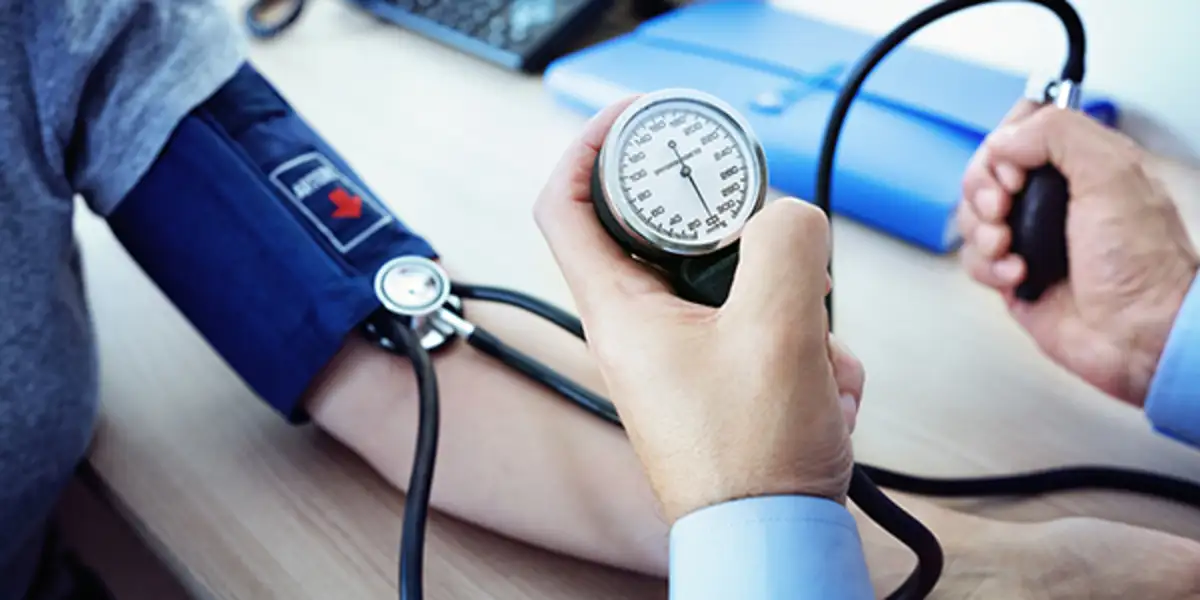Your blood pressure hints at the work amount your heart does to pump blood in the arteries. Being diagnosed with high pressure, medically known as hypertension, could harm your general health in various ways.
Experts at Prism Health Labs say that it may damage vital organs, including the brain, kidneys, and heart, over time. This is why it is best to check your blood pressure and use the following ways to control it before causing more problems:
Table of Contents
1. Reduce Your Salt Intake
Salt increases the risks of getting hypertension and other heart complications. That is why doctors advise patients with high blood pressure to reduce their salt intake.
Basically, it is not all about table salt. Rather it is about hidden sources of sodium that should be considered for better control of high blood pressure.
Everything from cheese and sauces to packaged foods is packed with salt content, making them a great risk to individuals with hypertension. Hence, always carefully read the food labels and consider food with low sodium content. Plus, avoid processed foodstuffs, such as salted nuts and chips, as they contain high sodium content.
2. Regularly Exercise
Regular physical activity may help lower your high blood pressure by around 7mmHg. Aim for 45 minutes of moderate workout daily.
In addition, exercising may help to prevent increasing blood pressure from becoming hypertension. Some of the good exercises which might help to decrease your high blood pressure may include the following:
- Dancing
- Swimming
- Cycling
- Jogging
- Walking
3. Stop Smoking and Limit Your Intake of Alcohol
Quitting smoking is shown and proven to help bring down high blood pressure as well as reduce the risks of stroke, diabetes, and heart disease. Once you quit smoking, you will start noticing the benefits immediately.

In addition, drinking more than two drinks per day for men, and more than one drink per day for women, can also increase the risks of getting hypertension. This is why it is best to limit your intake to the recommended standard as advised by doctors.
4. Lose Weight
You can lower your high blood pressure by up to around 7 points for every 18 pounds you lose. As a matter of fact, if you are obese, losing 12 pounds may help to lower your blood pressure.
The goal of losing weight is to maintain your BMI (body mass index) between 18.6 and 24.8. Losing weight can also be helpful a lot with sleep apnea.
5. Relieve Stress
Stress hormones can constrict blood vessels and result in temporary strikes in your blood pressure. And over time, it may trigger unhealthy behaviors, which can put your heart health at great risk. Such behaviors may include misusing alcohol/drugs, poor sleep, and overeating. This is why it is best to reduce your stress level so you can lower high blood pressure.
Final Words!
If you have been diagnosed with hypertension, it will be best to control it to ensure it doesn’t worsen or cause serious complications. The best way to achieve this is to get medical care as well as stick to a proper treatment plan. A good plan should include healthy habits and possibly prescribed medications.

